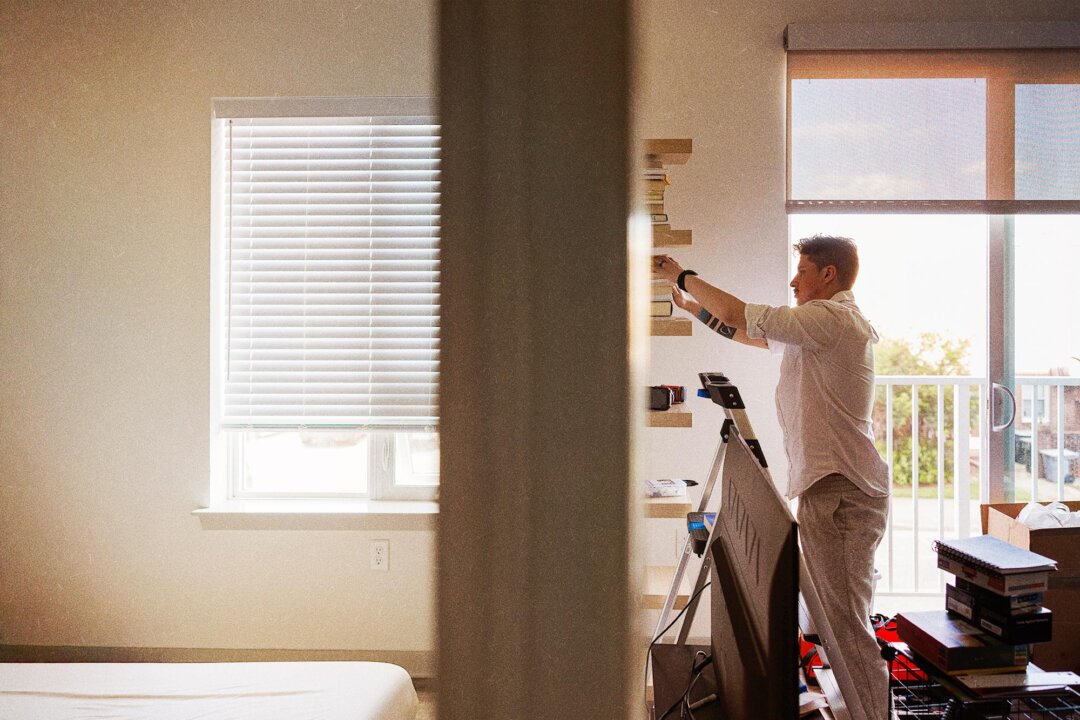After his divorce 10 years ago, Brad’s home became overrun with clutter—music gear, DVDs, books, emergency food, and papers. As the clutter grew, so did his weight, creating a cycle of physical and mental overwhelm. Inspired by a recent work promotion and a podcast on clutter and weight struggles, Brad saw an opportunity for a fresh start and a new approach to reclaiming his health.
Emotional dysregulation is an inability to effectively manage emotional responses. In other words, we might be overwhelmed by our emotions or unable to rein them in and struggle with mood swings and extreme reactions. People use various means to cope with these reactions.

Some approaches might include talking with a close friend or going for a long walk outside, but others aren’t so healthy. Hoarding and emotional eating are two examples. In the study, the hoarding group ate more cookies in the tidy room, while the control group ate more in the cluttered room.
The researchers assessed the relationships between hoarding severity, obesity, and symptoms associated with binge eating among 97 participants with elevated hoarding symptoms. The findings demonstrated that hoarding severity was correlated with increased BMI and symptoms of binge eating. A Lack of Clear Boundaries Physical clutter can represent boundaries someone needs to set with the people in their life.
If you’re someone who puts others’ needs ahead of your own, you are likely wiped out energetically much of the time. Thus, the last thing you want to do is clean up your environment. Clutter might also be a reminder of your lack of self-care and serve as a call for help—an alert that it’s time to make your needs a priority.
Maybe it’s time to say no more often, to decline invitations, or to turn down requests for your time or talents. Cluttering—or even hoarding—can become a coping mechanism for the emotional pressure these mindsets create, said Richardson. Hoarding can be a self-soothing habit for stress release.
While accumulating items may offer temporary relief from stress or emotional discomfort, it ultimately restricts a person’s potential and steals time from more meaningful or fulfilling activities. Holding on to Old Stories “I don’t have any use for this, but I'll keep it in case I do in the future.” “This is broken—I'll get it repaired at some point.
” “I don’t know if I‘ll stay this size—I’ll keep the clothes that don’t fit just in case.” Unrealistic Expectations Change Your Perspective, Change Your Space A shift in perspective can help people prioritize self-care. Removing distractions makes space for movement and healthier choices.
“Your clutter isn’t about laziness or disorganization. It’s about your mindset, your beliefs, and how they influence your behavior. Change your mindset, and you’ll change your behavior,” said Richardson.
Stay Focused and Calm With the Pomodoro Technique Release Emotional Baggage to Make Space for Change Challenge Fear-Based Thinking to Let Go With Confidence Challenge yourself to release items you haven’t used in years or duplicates of things you don’t need. Donate, repurpose, or discard clutter to create a fresh start. Since decluttering, Brad’s weight has returned to the slim, healthy frame he had before his marriage.
As he discovered, the more you take on, the more organized you must be—and the less time you have for unnecessary distractions. In addition to creating a cleaner space—decluttering builds a healthier, more intentional life..
Health

Clear the Clutter, Shed the Weight

Cluttered spaces can contribute to emotional stress and weight gain—clearing them may be the key to lasting change.















